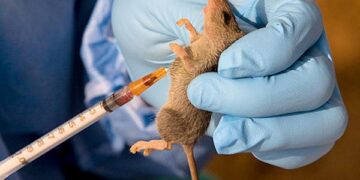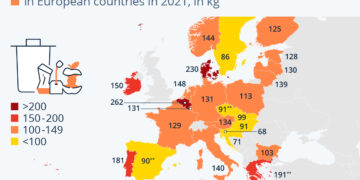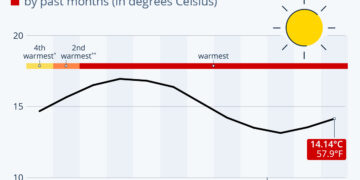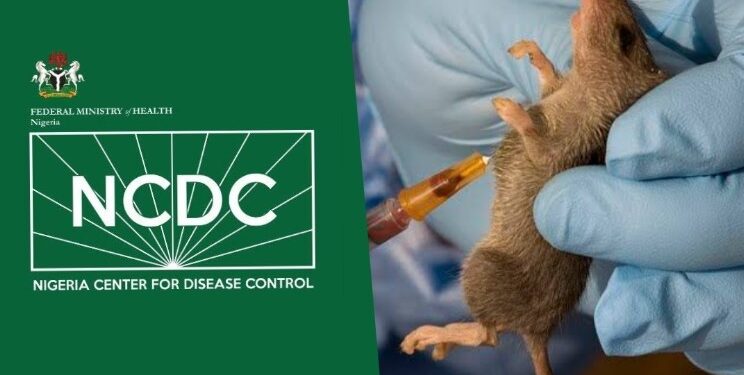The Nigeria Centre for Disease Control and Prevention (NCDC) has officially confirmed an outbreak of Lassa Fever in Kaduna State, following reports of three health workers and a patient succumbing to the illness at the emergency ward of the 44 Army Reference Hospital, Kaduna.
During a press briefing in Abuja on Friday, NCDC Director-General, Dr. Jide Idris, revealed that the NCDC received notification from the Kaduna State Ministry of Health about suspected viral hemorrhagic fever-related deaths at the 44 Nigerian Army Reference Hospital. Subsequently, the NCDC has been collaborating with both institutions to conduct thorough investigations into the suspected cases and intensify response efforts.
Dr. Idris stated, “Four out of the six blood samples from suspected cases sent to the Bayero University Teaching Hospital in Kano have tested positive for Lassa fever. Additionally, 25 close contacts of all these cases are now under surveillance and receiving prophylactic medication.”
Regarding Lassa Fever cases nationwide, Dr. Idris reported 2,621 suspected cases documented in Nigeria, resulting in 84 deaths and a case fatality rate of 18.6%. Of these cases, 476 have been confirmed in 23 states across 84 Local Government Areas as of February 18, 2024.
He extended condolences to the families and friends of those who lost their lives, including the health workers, to this disease across the country.
Furthermore, Dr. Idris outlined the NCDC’s ongoing efforts, including the distribution of medical supplies for case management, infection prevention, and laboratory diagnosis in all Lassa fever treatment centers nationwide. The agency has also initiated capacity building exercises for healthcare workers across all geopolitical zones on Lassa fever preparedness, readiness, and response through the pilot Lassa fever clinical management fellowship.
Dr. Idris emphasized the importance of maintaining clean environments, blocking entry points for rats and other rodents, and practicing standard infection prevention and control measures, especially among healthcare workers.
Lassa fever, an acute viral hemorrhagic fever caused by the Lassa virus, remains a significant public health challenge in Nigeria due to poor environmental sanitation, limited awareness, and delayed case presentations.


















![Antimicrobial Resistance [AMR] in Hausa](https://healthtoday.com.ng/wp-content/uploads/2024/02/antimicrobial-resistance-AMR--360x180.jpeg)



























